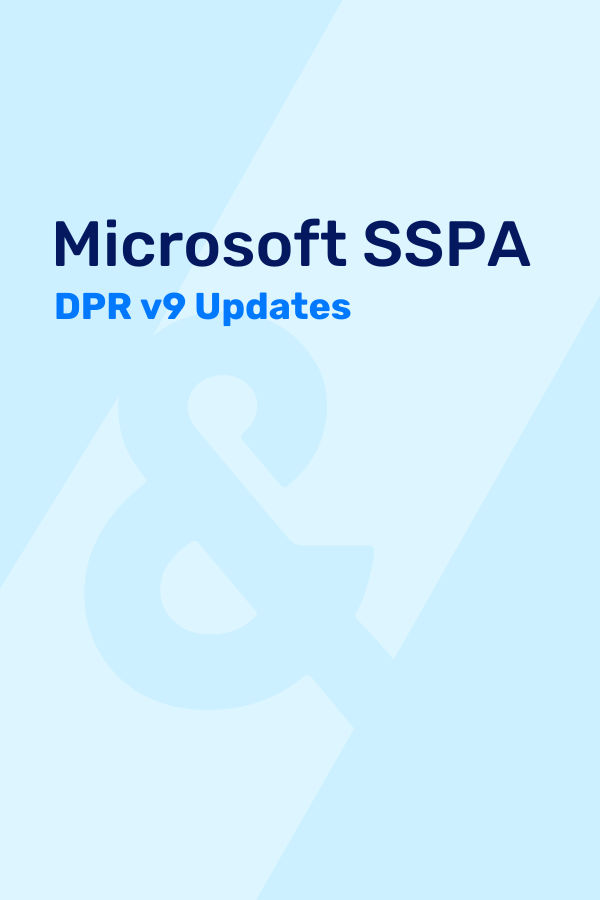One of the changes in the Tax Cuts and Jobs Act (TCJA) that affects almost every business taxpayer is the change in the rules for deductibility of meals and entertainment expenses. In general, the limits are stricter and you will be able to deduct less than you did prior to 2018. Which may pose the question – what has changed and what hasn’t?
Prior to 2018, under pre-TCJA law, a taxpayer could generally deduct:
- 50% of business meals and entertainment and
- 100% of de minimis meals provided to employees for the convenience of the employer (i.e. de minimis fringe benefit)
Under the new law, effective January 1, 2018:
- Most entertainment is no longer deductible. This includes golf outings, fishing, sailing, sporting events, hunting, theater tickets, license fees paid to sporting arenas, golf club dues, etc. – even if a substantial and bona fide business discussion is associated with the activity. The only entertainment expenses that are still deductible are expenses for recreational, social, or other similar activities primarily for the benefit of employees subject to several limitations discussed later.
- De mimimis meals provided to employees for the convenience of the employer (i.e. de minimis fringe benefit) are subject to the 50%limitation. Starting in 2026, no deduction is allowed for costs associated with an employer-operated eating facility and certain other meals for the convenience of the employer.
There has been no change to the following items:
- 50% of business meals (such as for meetings and travel) are still generally deductible
- 100% deduction allowed for qualified employee recreation, social, or similar activities (such as a Christmas party, annual picnic, or summer outing) and related facility costs (such as a swimming pool, baseball diamond, bowling alley, or golf course) which are primarily for the benefit of non-highly compensated employees
- 100% deduction allowed for expenses treated as compensation to employees or includable in income of persons who are not employees (and reported to such person even if the value is below the usual $600 Form 1099 minimum), reimbursed expenses, items available to the public, and entertainment sold to customers
While we eagerly wait for the IRS to issue regulations on the new rules for meals and entertainment deductions, there have been many questions about what can be deducted. Based upon the law and commentary available at this time, here are our current thoughts to a few commonly asked questions (These answers are general and could vary based on specific facts and circumstances):
Can I deduct food/beverages consumed at a golf outing or sporting event?
Even though these items might be considered meals (subject to the 50% limitation), there is no carve-out provision which makes them likely to be considered associated with the entertainment and non-deductible. Until the IRS issues regulations, you may still want to tract separately just in case.
What are examples of de minimis meals which are now subject to the 50% limitation?
A few examples include, but are not limited to, the following:
- Overtime meals in the office so an employee can work on a weekend/holiday/after-hours
- Coffee or other drinks
- Bagels/donuts, snacks
- Baby/bridal shower or birthday finger foods & cake
How many people need to be invited to an activity for it to be 100%deductible as a “qualified employee recreation, social, or other similar activity” primarily for the benefit of non-highly compensated employees?
Your favorite answer – it depends! If the entire office or an entire department or team (as long as it is not a management team of highly-compensated employees) is invited for an occasional event, it may qualify for the 100% deduction. If only a few employees from a team are invited to go to a lunch, sporting game, happy hour, etc., then it is probably not 100% deductible.
Need a roadmap for deductibility of some other common meals and entertainment expenses?
Some Recommendations to Consider Now:
– Maximize tax deductions and save time accumulating information for the tax return by setting up separate general ledger accounts for:
- Business meals (50% deductible),
- De minimis meals provided to employees for the convenience of the employer (50%deductible),
- Entertainment (nondeductible), and
- Qualified recreational/social employee expenses (100% deductible).
– Adjust expense reporting and communicate changes to employees
– Consider whether any changes need to be made to budgets or internal policies for reimbursable expenses allowed due to the reduced tax benefit of meals and entertainment expenses
We encourage you to contact us to discuss any questions regarding the new meals and entertainment rules and how they affect your business.






